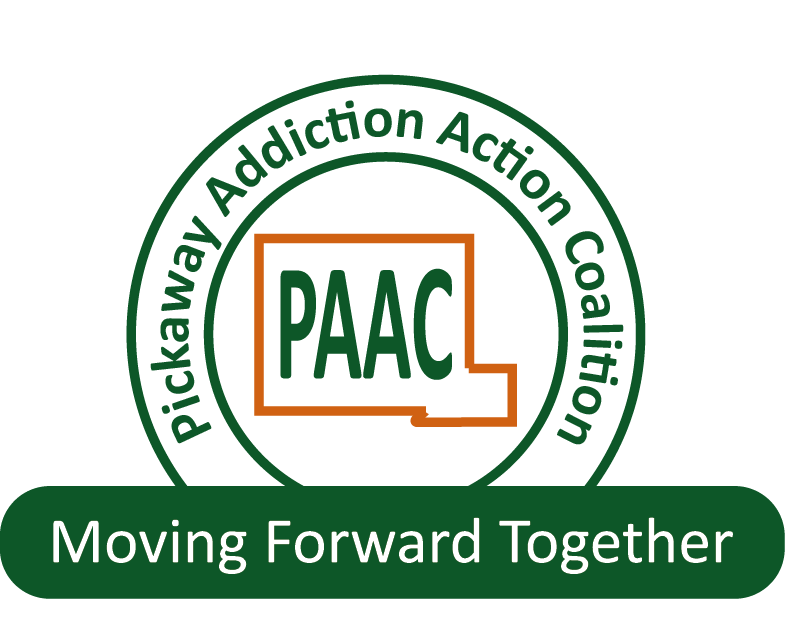What Should I Do If I Suspect My Child Is On Drugs?
After going through the preceding checklist, if you are concerned that your child may be using alcohol or other drugs, you must share your concerns with your child. Don’t discuss use with her/him while she/he is high. Select a time when interruptions will be minimal. Be very specific about the behavior you have observed. Share the checklist with her/him. In a straightforward manner, tell your child about your concern and the reasons for it. Explain why you are opposed to any drug use and how you intend to enforce that position.
Be…
- Understanding (“I realize a lot of kids use drugs.”)
- Firm: (“As your parent, I can’t allow you to engage in harmful activities.”)
- Supportive: (“We love you and sense something is troubling you, in which case we want to help.”)
Don’t Be…
- Sarcastic (“Don’t think you’re fooling me!”)
- Accusatory: (“You’re a liar!”)
- Self –pitying: (“How could you do this to me?”)
Remember, if your child is using drugs, she or he needs your help. Don’t be afraid to be a strong parent! Nevertheless, the problem could become too much for you to handle alone. Don’t hesitate to seek professional help, such as counseling, a support group, or a treatment program.
Parents, be S.M.A.R.T.
Set limits with expectations & consequences for breaking them.
Messages. Be consistent & use a clear, no-use message. Don’t assume your child knows where you stand.
Awareness. Know where your kids are, whom they are with, what they are doing & when they will be home.
Resources. Parenting can be lonely. Network with other parents.
Take time to talk! Talk early. Talk often. And listen.
- Your child’s attitudes and behavior about alcohol are being shaped RIGHT NOW.
- Don’t be afraid to talk to your children about drugs or alcohol at a young age.
- Communicate and model your family values. Your actions speak louder than words.
- Middle school students report that they are influenced by strong family values against the use of alcohol, tobacco, and other drugs.
- Teach your child how to say NO and practice the strategies to do so.
- Encourage children to become confident decision makers by allowing them to make age appropriate decisions.
- Teach your child the value of being respected over being popular.
- Share the importance of developing a variety of friendships as a way to build a solid support network. Make sure they have the understanding that it is okay to move to a different set of friends if one group is making poor choices.
